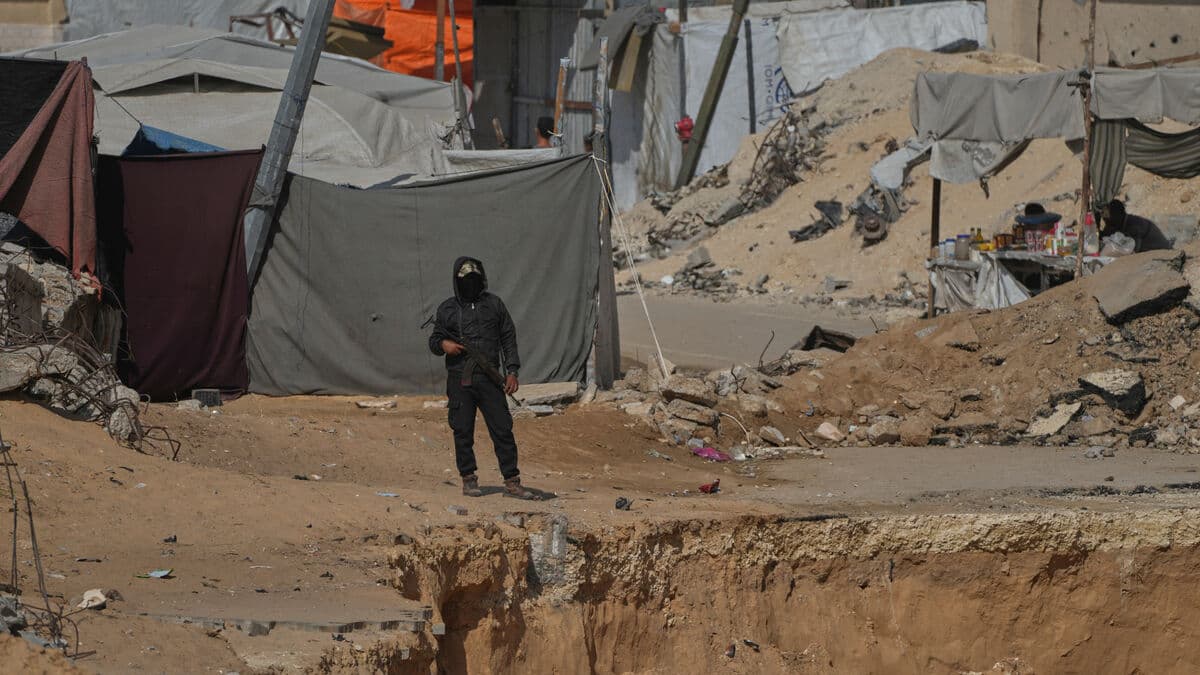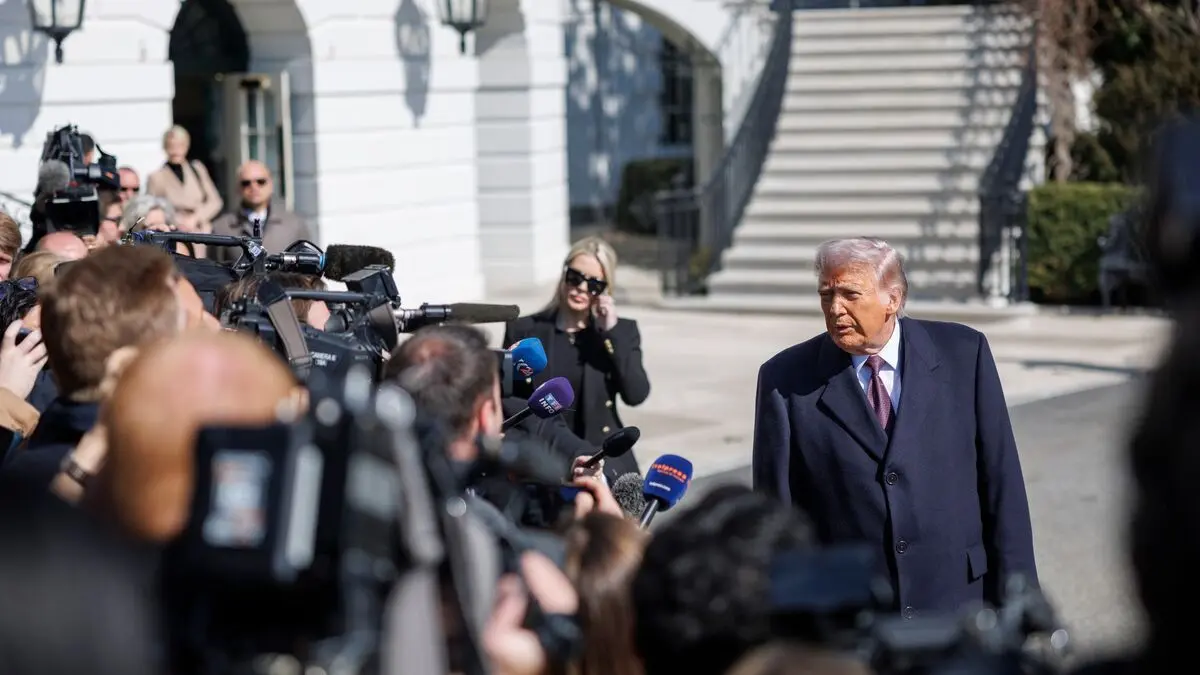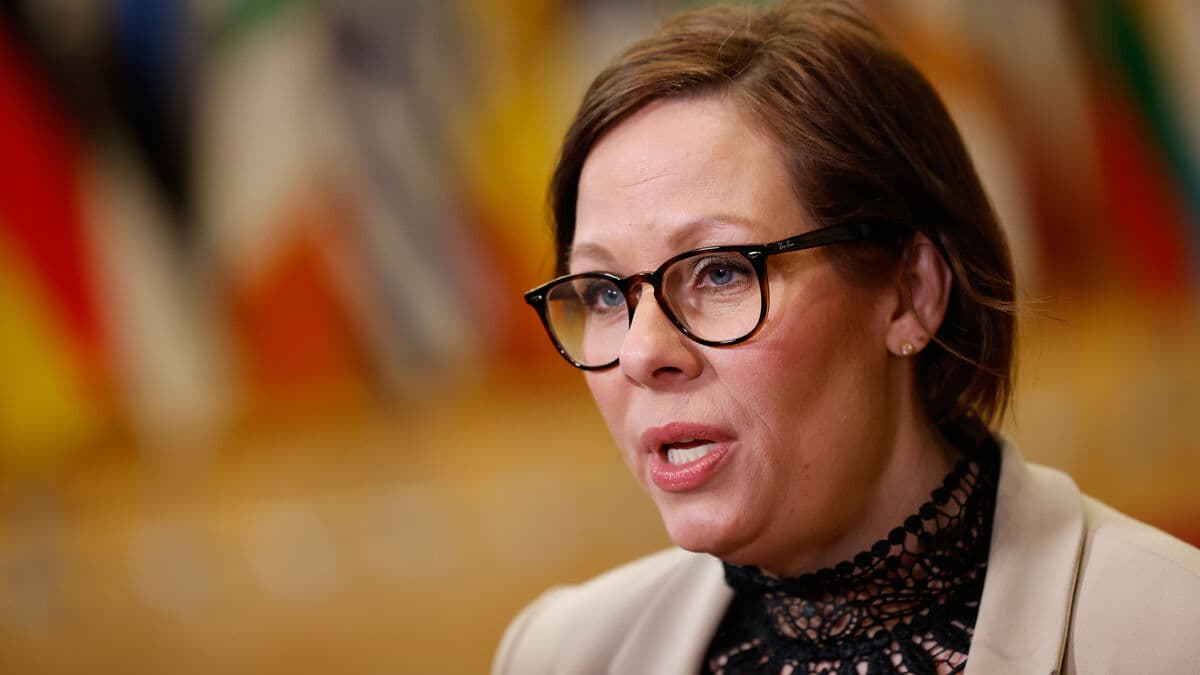Suddenly, masked men broke into the house where Hisham al-Saftawi was sleeping in Gaza City at dawn last Friday. They opened fire, and al-Saftawi was killed, his brother tells the Palestinian radio channel Radio Alam. He accuses Hamas and calls it a political murder.
According to some reports, al-Saftawi was a member of Hamas' rival party Fatah. Other relatives report that his family participated in "guarding aid" - which opens up for accusations of involvement in selling it illegally.
The murder of al-Saftawi is far from the only one. In recent weeks, several civilians have been reported killed by Hamas security forces. The group's interior department states, according to Haaretz, that it is a matter of accidents that will be investigated by their own police.
Abusing its mandate
Shortly after the ceasefire with Israel came into force, 7,000 men from Hamas security forces were reported to have been mobilized to "cleanse Gaza of outlaws and those who collaborated with Israel". Then, film clips of public mass executions began to spread from Hamas' own channels. A noticed clip from mid-October shows how eight bound men are lined up and shot in the middle of the street in Gaza City.
The war and the subsequent power vacuum after the ceasefire have led several armed groups to try to increase their influence on the Gaza Strip, which has been ruled by Hamas since 2007.
Someone must restore order in Gaza, notes Joas Wagemakers, professor of Islamic studies at the University of Utrecht and expert on Hamas.
And there are no international forces that do it, Israel does not do it, no local Arab forces or Turkish forces, as has been suggested, do it.
Since Hamas is not only a militant group, but also rules Gaza politically, it falls on them.
But what happens is that Hamas also abuses its mandate to hunt down opponents, he continues.
A rule marked by fear
Haaretz has spoken to a prominent opposition Gazan, who says that the persecution of dissidents has increased. After being abducted and beaten during the war, Saeed, as he is called, has been helped to leave Gaza. Recently, his supporters who are still in the area have been threatened, he says.
It is a rule marked by fear and crime.
He does not believe that it will be possible for Gazans to protest against continued Hamas rule in the future.
It will be very difficult. Both Israel and Hamas have killed people on a large scale, and people are busy with their own wounds.
In 2006, Hamas won over the secular Fatah in a parliamentary election in the Gaza Strip. Hamas wanted to form a broad coalition with Fatah and other parties, but when they refused, Hamas formed its own government and established its own security force in Gaza.
Soon, bloody settlements broke out between supporters of Hamas and Fatah. Attempts to agree failed, and in 2007, Hamas threw Fatah out of Gaza.
Since then, the Islamist and terrorist-stamped movement has ruled Gaza with an iron fist, with its own government, security forces, and administration.
However, the rule is not recognized by either the Palestinian Authority or large parts of the outside world.






